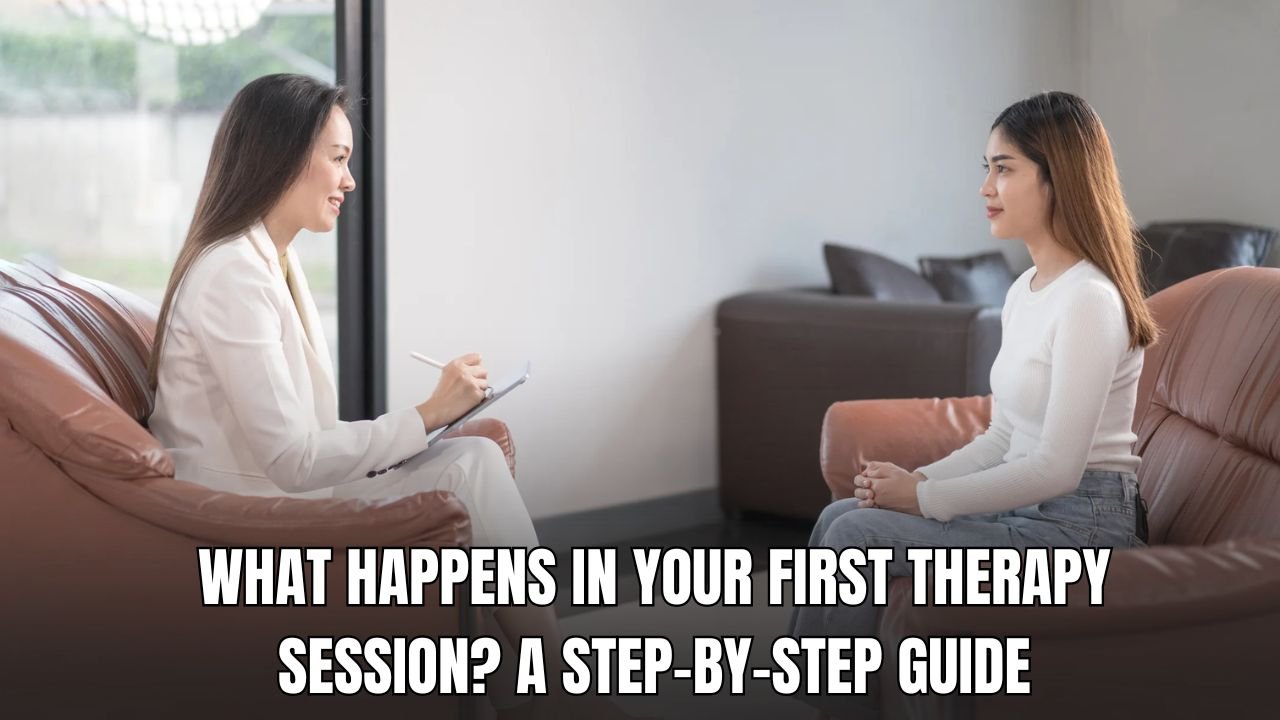This is the time and the age of increased awareness of the mental health; people do not feel ashamed to visit a therapist, but this is the big and risky step on the road to self-knowledge and the better life. To visit a therapy session as a first-timer, it is only natural that you have curiosity, nervousness and expectations in your mind. However, when you have the basic idea of what is going to happen in the first session, then such an experience can be more comfortable and positive. This paper will clearly tell you what to expect in your first visit in the therapy session and what to look forward to.
A safe and welcoming environment
The purpose of the first of the therapy goal is – To establish a trusting and safe atmosphere. It is normal to feel uneasiness when you share something that concerns your personal life with a stranger. With this in mind, professional therapists establish the atmosphere in which you are not subjected to judgmental attitude and where you are welcome to share the feelings and thoughts. They are sensitive, supportive and gentle in the way they behave and you feel secure.
Introduction and beginning of mutual rapport
The introductory part is normally done in the first session. The therapist explains about himself and that would include his qualification, experiences, and his mode of treatment. In addition to this, he can question you with other generic details as well such as- your name, profession, family condition and above all, the reason that led to you seeking therapy. This conversation will be the initial step towards the development of trust and rapport between the two of you.
Understanding your needs
The basic purpose of therapy is to understand your problems and work towards their solution. That is why in the first session the therapist can ask you some important questions:
- Why have you come to therapy?
- Have you ever experienced something like this before?
- What do you want to achieve from this therapy?
The answers to these questions not only clarify your current situation, but also determine the direction of your future treatment.
Knowing your life history
Knowing a person’s background is very important in a good therapy process. The therapist may also talk to you about some in-depth topics such as:
- Family relationships and childhood experiences
- Current and past relationship status
- Physical and mental health history
- Important life events
However, this does not mean that you have to reveal everything at once. It is enough to give as much information as you feel comfortable.
Goal setting process
Therapy is a partnership, in which you and your therapist set some clear and realistic goals together. Whether you want to relieve stress, increase confidence, improve relationships or just understand yourself better – these clear goals give you a direction and help you measure your progress.
Explaining the process
The therapist will explain how therapy works and what techniques will be used. Some common treatment methods are:
- Cognitive Behavioral Therapy (CBT)
- Mindfulness-Based Therapy
- Psychodynamic Therapy
They will also explain how long the sessions will be, how often they will be, and how long they can last.
Answers to your questions
The first session is not just a time to listen to them – it’s a time to listen to you. If you have questions about therapy, be sure to ask:
- How long will the process last?
- How do I know if I’m making progress?
- What if I feel stuck?
Your questions and their answers build transparency and trust between the two of you.
Assurance of confidentiality
Confidentiality is an aspect of therapy. Counselors will make it clear to you that you are confidential; therefore, what you discuss will not be shared unless the therapist feels that your life or life of another person is at risk. This is an assurance and it makes you feel free and be able to talk out.
Starting slowly
Many people want to open up all their emotional wounds in the first session, while others remain completely silent. But it is not necessary to go into every depth on the first day. A smooth, gradual process allows both you and your therapist to work with greater clarity and stability.
Leaving with clarity of direction
At the end of the session, you may be given some home exercises, suggestions for self-analysis, or things to keep in mind until the next session. This will help you understand how the process will proceed and how important your role is in it.
Conclusion: Starting the journey to meet yourself
Innovating the therapy is a courageous decision on the way of self-self-care and self-development. The initial meeting can be slightly stressful, but that is the place where you can begin your process of self-discovery, emotional healing and psychological empowerment. Take your time, have faith and be open-minded when following through.
It is important to keep in mind that therapy is not only a treatment of mental issues, but the way to comprehend yourself, improve relationships and live a happier life.
